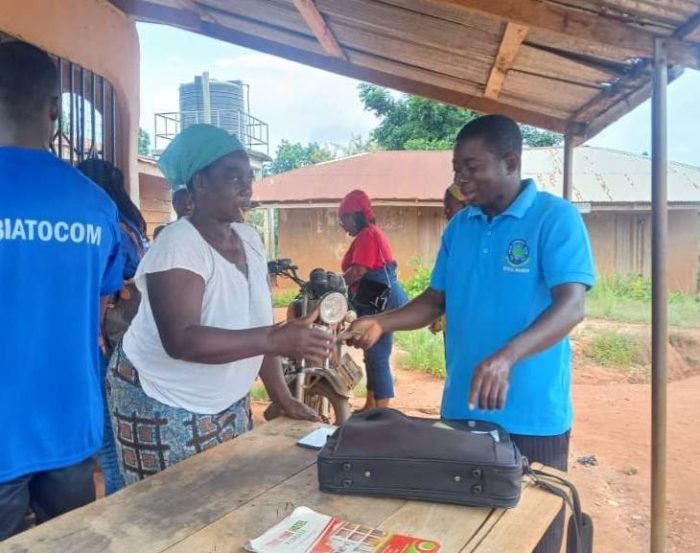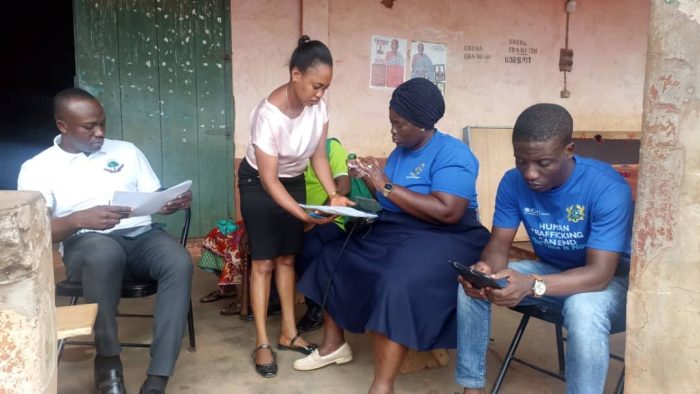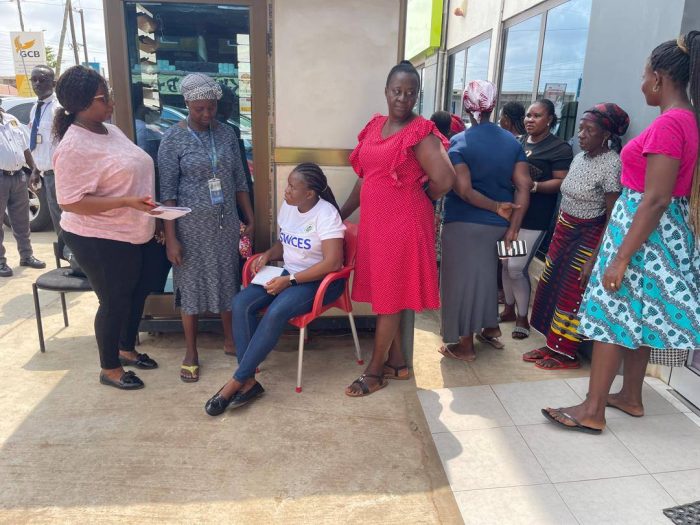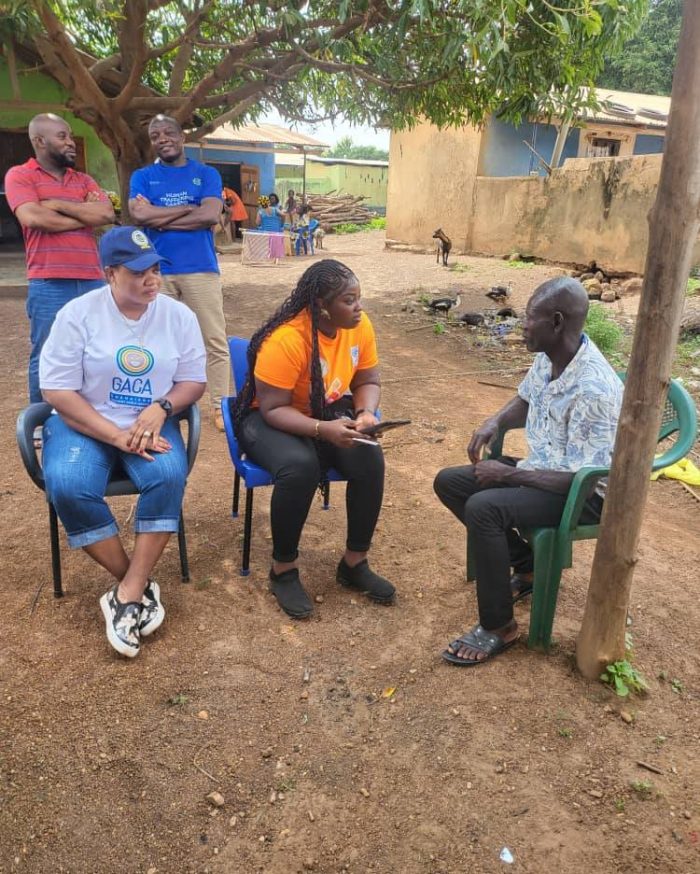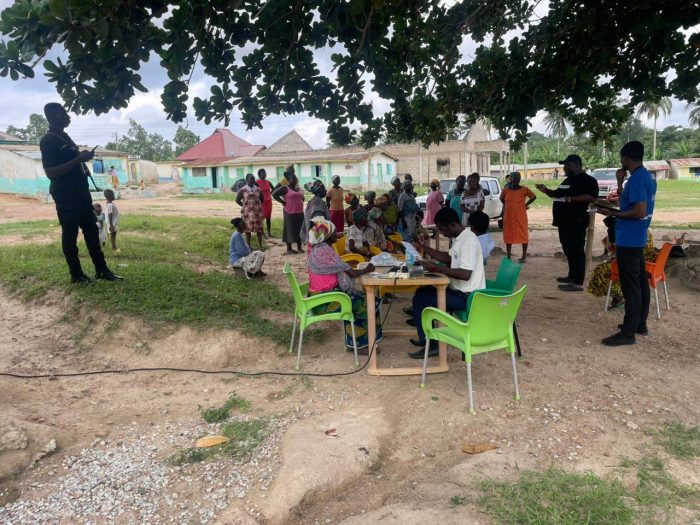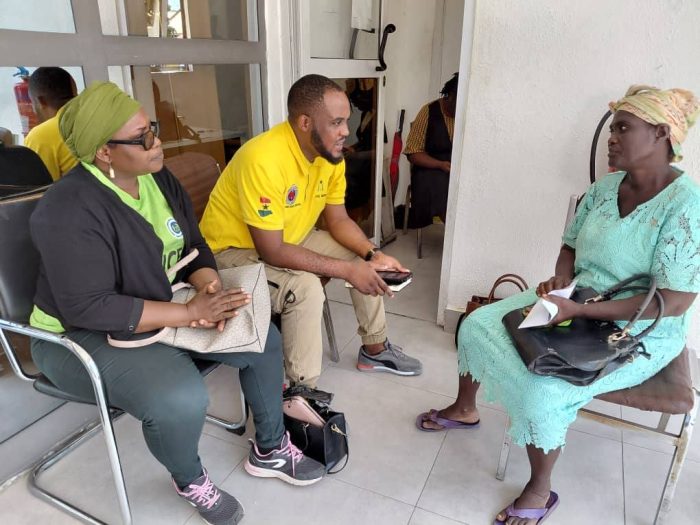NATIONWIDE MONITORING EXERCISE ON THE 96TH LEAP CASH TRANSFER CYCLE
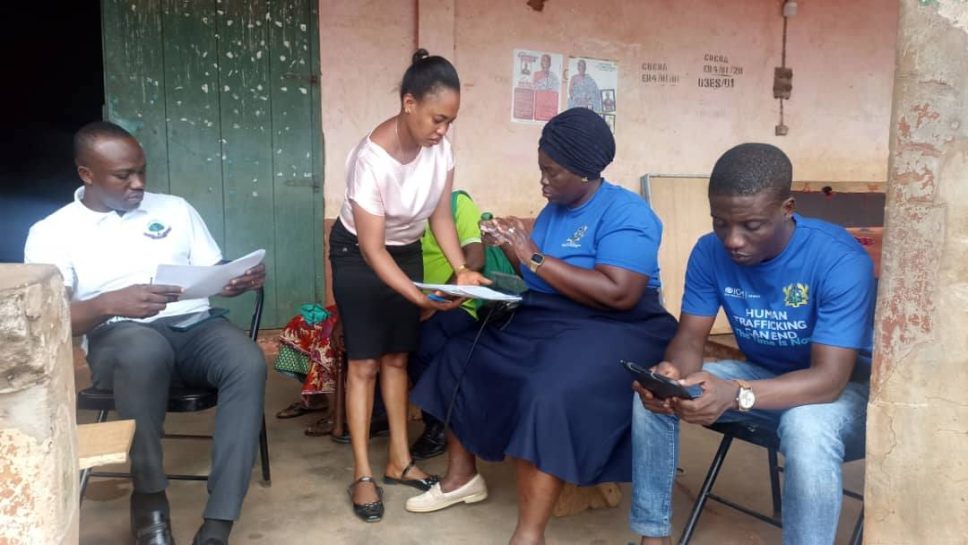
July 8, 2025 11:20 am
The Ministry of Gender, Children and Social Protection has embarked on a nationwide monitoring exercise as part of ongoing efforts to ensure transparency and efficiency in the implementation of the Livelihood Empowerment Against Poverty (LEAP) programme.
The exercise, which began on 30th June, focuses on the 96th cycle of LEAP cash transfers being disbursed to qualifying households across the country. The LEAP initiative provides targeted financial support to the most vulnerable populations in Ghana, with the aim of reducing extreme poverty, enhancing human capital, and stabilizing household consumption.
As part of the monitoring process, spot checks are being conducted at selected payment centres within Metropolitan, Municipal, and District Assemblies (MMDAs). These checks allow officials to verify payment procedures, interact directly with beneficiaries, and gather data to assess the effectiveness and overall impact of the programme.
To support the monitoring activities, the Ministry has deployed field teams equipped to collect key performance indicators and document beneficiary experiences. This information will be used to evaluate the quality of service delivery and identify areas for improvement.
Notably, the government, through the Ministry, has begun indexing LEAP grant amounts to inflation. This strategic adjustment is intended to protect the real value of the grant and enhance the resilience of poor households in the face of rising economic pressures.
The updated LEAP grant amounts are as follows:
Single-member household: GH₵320.00 (up from GH₵256.00)
Two-member household: GH₵380.00 (up from GH₵304.00)
Three-member household: GH₵440.00 (up from GH₵352.00)
Households with four or more members: GH₵530.00 (up from GH₵424.00)
In total, this spot check initiative is expected to benefit over 350,000 households spanning all 260 MMDAs nationwide.
Eligible LEAP beneficiaries include:
Orphans and vulnerable children, elderly persons aged 65 and above without any form of support, persons with severe disabilities who are unable to work, pregnant women and mothers with infants under one year.
Through this monitoring effort, the Ministry seeks to reinforce accountability, improve service delivery, and ensure that Ghana’s most vulnerable citizens continue to receive the support they need to live dignified lives.
